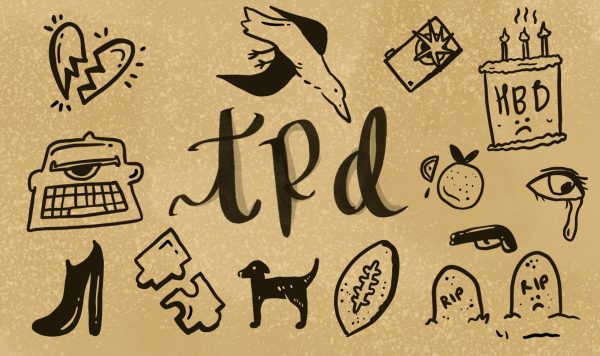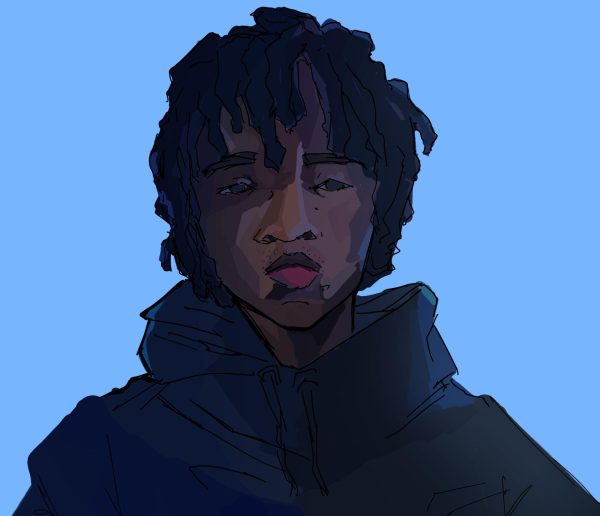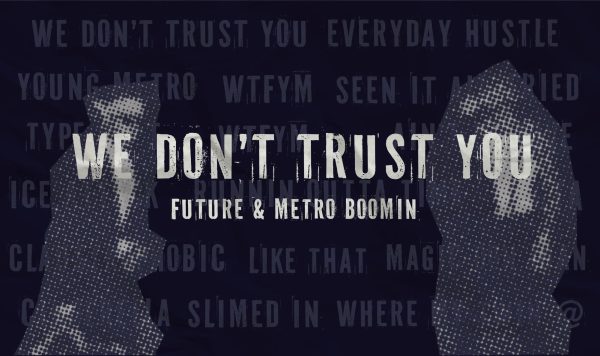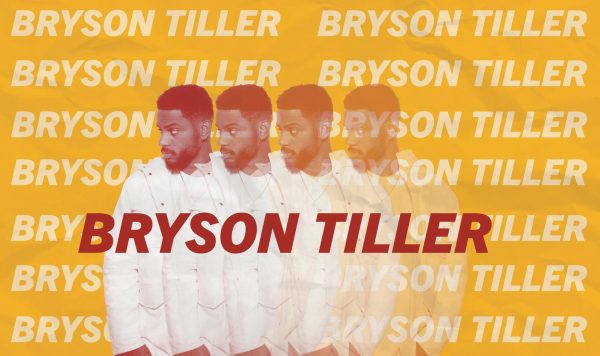Sam reviews “good kid, m.A.A.d city” by Kendrick Lamar
Has Kendrick Lamar had a spiritual epiphany?
The young rapper’s major label debut “good kid, m.A.A.d city” starts out with a group of men reciting a prayer asking the Lord to come into their hearts. Usually in this business it takes a drug/alcohol induced flameout to get artists on a spiritual kick, but Lamar seems to have skipped some levels.
Not that his ascent has not been quick either. After putting out his first mixtape at 16, he started rising in the hip-hop world, both by himself and as part of the four-man super group Black Hippy, who have two remixes on deluxe editions of “good kid, m.A.A.d city.” His first album, the critically acclaimed “Section.80,” caught the attention of legendary producer Dr. Dre, who executive produced this album.
So why does someone who has become so successful at 23 need aid from above?
Judging from the lyrical themes of “good kid,” Lamar’s trying to exorcise the ghosts of his past, mostly eschewing typical hip-hop braggadocio for deeper lyrics about things like girl trouble, the death of close friends, and his Compton upbringing.
The whole album is cloaked in beats from a variety of producers, ranging from big names such as Just Blaze, Pharrell and Hit-Boy, to past affiliates from “Section.80,” with sounds ranging from seductive synths and drums (“Sherane a.k.a. Master Splinter’s Daughter,” “Swimming Pools (Drank)”), and old school West Coast bombast (“Backseat Freestyle,” the “California Love” rip-off “Compton”). The songs often end with little skits, snippets of dialogue that range from “Friday”-esque hilarity to disturbing violence.
Lamar seems to prefer rapping on his own most of the time, which is fine since this is his story and he tells it with incredibly deep, meditative lyrics and an expert flow, but he does make room for others to drop verses as well, bringing in Drake, Dr. Dre, and his Black Hippy comrade Jay Rock, along with a few others.
All in all, it is a brilliant album that soars above the standard for rap. Kendrick Lamar was running from his past on this album and not only did he manage to leave it behind, he has left his competition in the dust as well.











